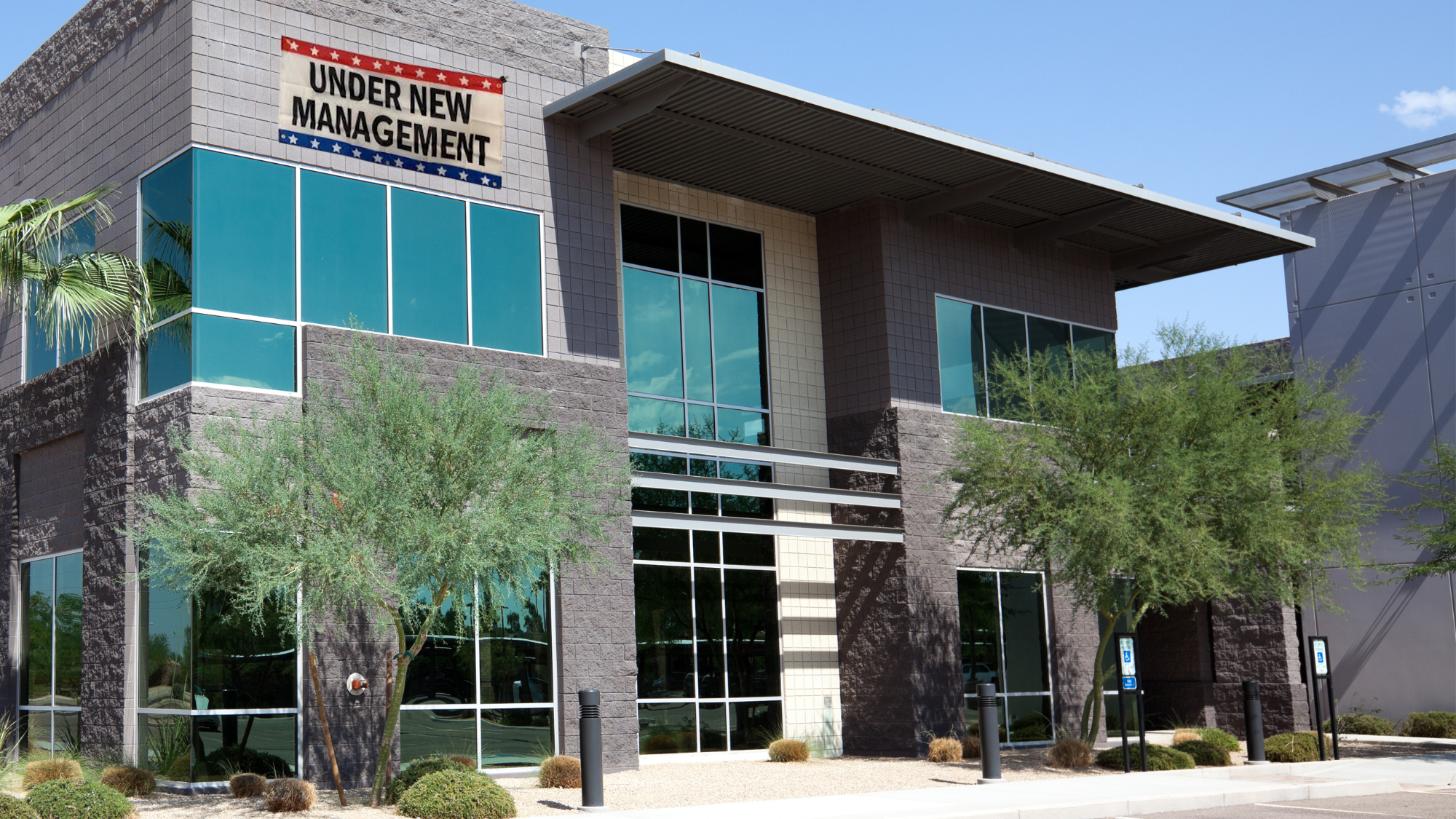Who are the administrators and how do they differ?
There are many choices when considering a fund administration provider for your private equity or venture capital fund. Among the choices there is a great variety of company history, capability and corporate culture among fund administration firms. There are also a number of red herrings you will encounter when looking at potential providers. Comparing one fund administration firm to another can be difficult but you will find that fund administrators generally fall into one of the following categories.
The 800 Pound Gorillas – the Very Big Names in Fund Administration
There are fund administration providers everyone has heard of. This is mainly because of their prominent clients and their large marketing budgets. There is a tendency to think that no one would ever be faulted for choosing one of the big boys for their fund administration but for several reasons the 800 pound gorilla might not be the provider for you.

- Large fund administrators are mostly concerned with their large clients. The $50 billion firms, the one’s you have hear of, will get the most attention and resources. The many smaller firms tend to struggle for service.
- Fund administration firms with a galaxy of global locations often insource client service to remote or multiple locations, with services performed in foreign countries and across multiple time zones throughout the day causing communication and coordination problems.
- Large fund administration firms standardize everything they can and do not focus on the customization needs of individual clients
- Services are departmentalized with the big fund administrators with clients interacting with representatives who have little familiarity with them or the needs and preferences of any individual fund sponsor.
- Big fund administration firms do not take the time to advise clients, offer guidance or consult on best practices, operational options or solutions to recurring problems. The experience of the firm may be broad but is not offered as a benefit to the client.
- The largest fund administration firms reached their scale through acquisition. The constant cycle of acquiring fund administrators, converting and integrating their systems and cutting costs results in turnover, team changes and service issues.

The Chameleons – Firms Coming to Fund Administration from Other Roles
Many fund administration firms came of age in another field: loan servicing, billing, CRM development or administration for publicly-traded securities. These firms imagined that these functions were easily transferable to administration for alternatives – that their systems and skills were easily adaptable to the needs of private equity and venture capital.
In some cases, a large existing client was in place with a need for fund administration. The company developed a fund administration solution as an upsell for that client, then offered it to the industry presenting themselves as an “established” fund administration provider. This approach causes numerous problems for clients.
- Fund administration is not the firm’s primary skill. The firm is learning on the job the many complexities of a new industry, the needs of financial advisors, custodians, wire houses and data aggregators and the critical role of investor relations. Lacking broad experience in a unique industry, the firm’s clients are forced to deal with (and pay for) the learning process.
- Systems developed by these firms tend to be cobbled together, not specialized for fund administration and not connected with the parties and platforms they need to be to deliver true efficiency.
- The firm is not familiar with the variety of fund offerings and fund administration needs of private equity and venture capital. Every new client is a new learning process.
The Bargain Basement – Low Cost Fund Administration
Costs are a serious consideration for any fund sponsor and it is tempting to go with what seems to be the most affordable choice in outsourced fund administration. Some providers propose very low monthly costs but this is often a red herring. Low cost fund administration is characterized by:
- Minimal and careless service.
- Frequent errors and miscommunication.
- Imperfectly adapted systems.
- The inability to scale as your fund grows
- Little informed operational backup.
- Hidden fees for ancillary services.
- Little consultation or experience-based support

These are not service oriented companies. Because their nominal fees are so low the only way for them to cover their costs is to minimize payroll, automate everything possible and minimize the services included in the low fees. In order to get the service you expect from these firms you will end up paying additional costs for expanded service that will bring the real pricing to the equivalent of a much better provider.
The fund administration systems at these firms and their connectivity to essential industry entities suffer from the same cost pressures. The enhancements and integrations a fund administration firm must perform regularly to keep up with industry changes are not prioritized.

The Mergers – Firms Acquiring or Being Acquired.
A fund administration firm that acquires another puts both firms and their clients through a disruptive and chaotic process of system conversions, process changes and team reassignments that can last for one or two years. Employee layoffs and turnover is a serious issue. Serial fund administration acquirers are continuously in this mode to the detriment of client service.
The priorities of these firms are:
- Re-alignment of acquired clients with new teams and processes,
- System and service uniformity.
- Increased prices – maximizing revenue.
- Cost control – minimizing service.
- Standardized processing and deliverables.
- Acceptance that a percentage of clients will leave in frustration.
- Identifying the next acquisition.
- A focus on revenue, not on clients.
A fund administration firm may be familiar because of frequent news of their latest acquisition. This is precisely the reason not to assume they are the best fund administration solution for you.
The Partner – Stable, Experienced, Partner-Oriented Fund Administration.
There are fund administration firms that prioritize client success, leading-edge technology and a commitment to the efficiency of the industry as a whole. This requires a perspective that only comes from a long history of fund administration for a broad spectrum of fund types and asset classes.

This will not be the cheapest fund administration you will find but quality service for your investors, their advisors and you for the whole life of your fund is well worth the cost. Some tell-tale signs of this type of fund administration provider:
- Partner-oriented service.
- System sophistication and connectivity.
- A consultative approach.
- Services aimed at client success.
- Partnerships, referrals and insight.
- Operational guidance.
Fund administration sits at the very heart of your investment offering, at the crossroads of investors, advisors, regulators, auditors and you. Your fund administration partner can and should be as focused on your success as you are.



